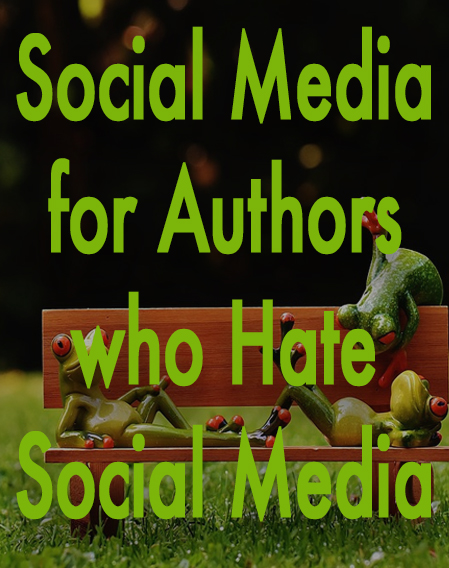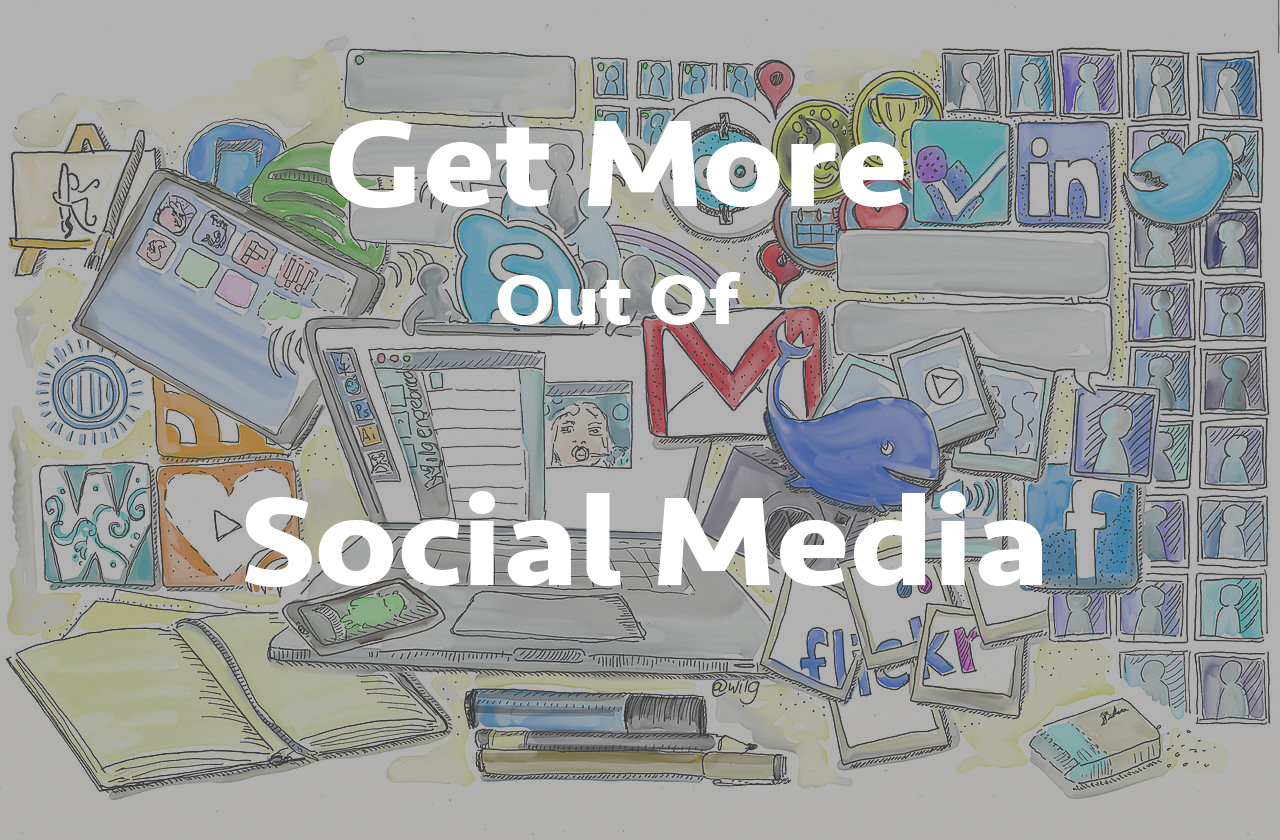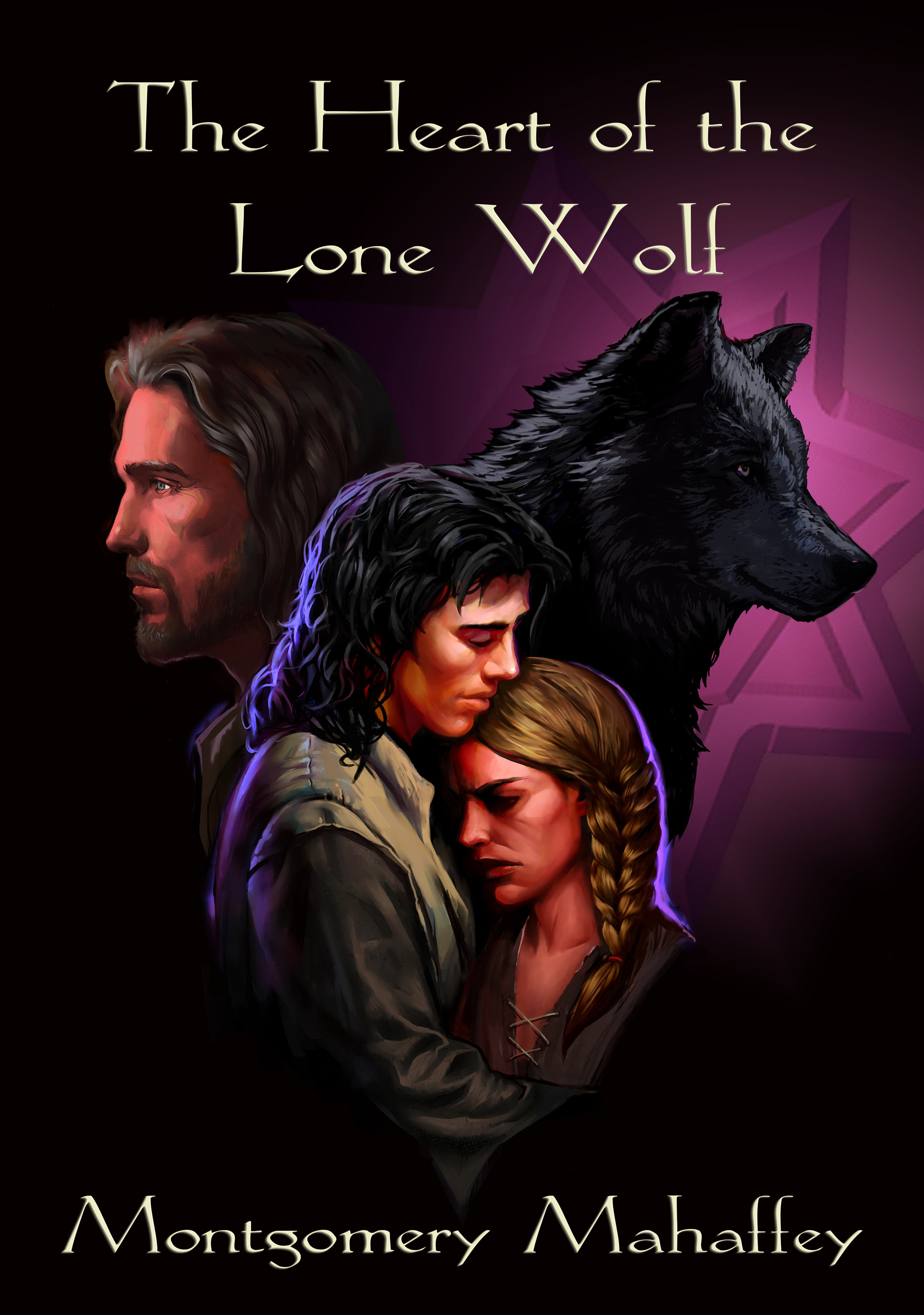The landscape of the contemporary book market is chaos. You have a wonderful book you know readers would love, but how will they ever find it? There are a myriad of websites telling you you must do this, and you must do that, but if you did everything they were telling you you absolutely had to do, your time would be booked out six hundred years from now and you'd never find the time to write another book again.
So what is absolutely essential to getting your book noticed? Do you have to be on six different social media platforms? Do you need to spend 80 hours a week marketing your book, leaving no time to write? Of course not!
Here is our essential list for marketing your book. Forget the rest. Focus on these and you'll have plenty of time to write your next best-seller.
5 Ways to Market your Book that Leave You Free to Write the Next One
1. Find your Niche
Fantasy, Romance, Thriller, Non-Fiction (what a broad swath!), Sci-Fi. Umbrella terms that will only lump you in a massive pile with millions of other authors. How is a reader ever to find your book? It's like casting about blind in a pile of stones for the one that has your name on it. So how do you start lifting rocks out of that pile, making it smaller and much easier to discover hidden gems? Finding your niche is the first step to making your book stand out. Readers know what they want. If they loved Harry Potter, they're not going to want to sift through a slag of books that include sub fantasy genres like horror or historical fiction if they want a book that's just like Harry Potter.
Ask yourself a few questions to define your demographic: who are my readers? What other books are like mine? What are THREE key words that differentiate my book from the mire?
Use the answers to hone in on your niche. Do a google search with your key terms and see what other books pop up. If they have a smaller category, consider tagging your book with that label, so readers can more easily find the book they're looking for: Your book.
2. Design a Website that can be easily updated. Then forget about it.
I love movie websites. They include the only information you'll need to know (if a movie's already been released.) One of the most minimal examples I've found is this one for Limitless. What I love about this site is that there are no moving parts. I mean, except for the trailer than plays on load. But there's nothing to be maintained, and your author website could be like this (this is one example). If you really hate working to promote yourself, why spend time developing a website that will require your constant engagement? If you don't like blogging, don't do it--no one will want to read a passionless post. If you do love blogging, then by all means, create one. You want essential information to be given to readers immediately. Your website should tell them these key things:
- Who you are.
- What genre your book is, and who it's intended for.
- A cover, synopsis, trailer, excerpt, etc.
- An email sign-up form (offering a free ebook download or some other swag to entice the reader to sign up for your list)
- A where to buy link.
Those are the essentials. Cramming your site full of extraneous fluff isn't going to engage readers. They want to know who you and what your book is and that they're going to love it. That's it. Easy. Then, in all that free time you now have, you can add the next book in the series and leave it alone again until the next one. (You're welcome.)
3. Pick ONE social media site you ENJOY using and focus on that one.
Don't go crazy and spread yourself thin over Pinterest, Twitter, Goodreads, Facebook, and the million other social media sites out there. If you don't want to make regular, quality contributions to twitter, stay off it. If you're not used to Pinterest, don't spend hours trying to learn how to market yourself there. If you love facebook, have a ton of friends, and enjoy going on there for an hour a day, that's probably your best platform to use. Goodreads is a perfect spot to connect with authors and readers, but it takes effort to join groups and engage. Learn about different social media sites, what they have to offer, and which one would be best for you. Pinterest is all about visuals. If you have great art to go with your book and genre, slap a juicy quote from your book on an image and post it up. Twitter is all about the 140 character nugget of tantalizing information. Goodreads will make you friends that are readers/writers/lovers of the book. Explore, try things out, but keep your focus on one site and limit your time spent on others so you can write that next book!
Do you hate using social media?
Download my guide Social Media for Authors Who Hate Social Media and shortcut your way to success!
[maxbutton id="13"]
4. Engage
Engage with your readers. Engage with other writers. Engage in conferences and events for your niche. Find blogs that offer author interviews or guest posts and do one. Spreading yourself out there in these ways will get you noticed and garner you a following.
To engage with your readers, get them on an email list and send them memorable, awesome content once a month. Include a free printable poster/book excerpt/discount in each email along with a tantalizing update about your book's progress, or whatever you want to share with them.
To engage with other writers, do what you wish they'd do for you. Review books. Comment on their website. Offer a guest post over at your blog. Tweet about their book.
Find conferences and events in your area. We've just started attending steampunk/fantasy conferences in the Pacific Northwest and I can tell this is a great place to find readers will pick up your book and buy it. Unlike book fairs, conferences that are specific to a genre allow you to present your work in front of your demographic. And it's not likely you'll be competing with 100+ other writers. There will be artists, makers, designers, and a whole slew of other producers who won't be in direct competition for your sales. Events are great places to network and find friends who share your goals and aspirations, and can help you get there.
Bloggers everywhere offer guest posts and author interviews. If they're in the blogging business, they want content. You can both benefit by sharing your email list, tweeting the post to your followers, and using other methods of promotion that reach twice as many people. Pitch the blogger with your great idea for a post that will be worthwhile to their readers. Offer your promotion up front, as in "I have an email list of sixty dedicated readers who would love to know more about your X blog!" This is another great way to make friends and help yourself while helping another.
5. Write the Next Book
There's nothing better for your book business than writing that next book. Having more books under your author name gets you noticed exponentially more. You can market more, offer more diverse content for your readers, and just have a heck of a lot more material to work with. If you implement the four steps listed above, you'll have plenty of time to write the next book while gathering buzz for its release.
As always, we'd love to hear your thoughts and experiences in the self publishing business! Comment below!










